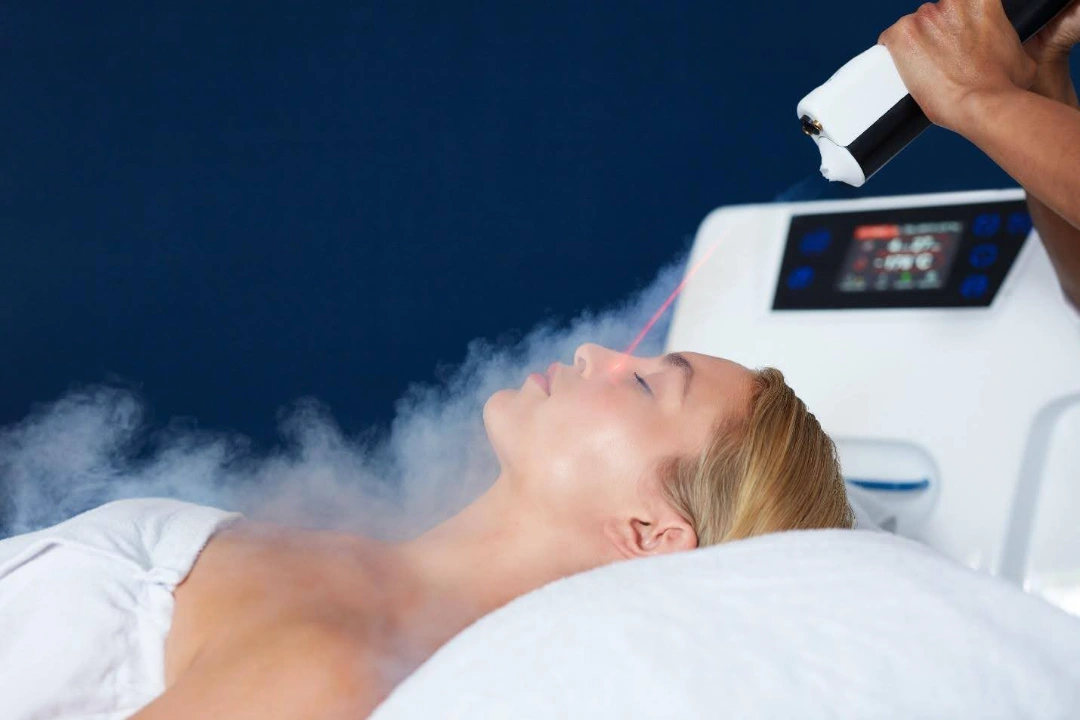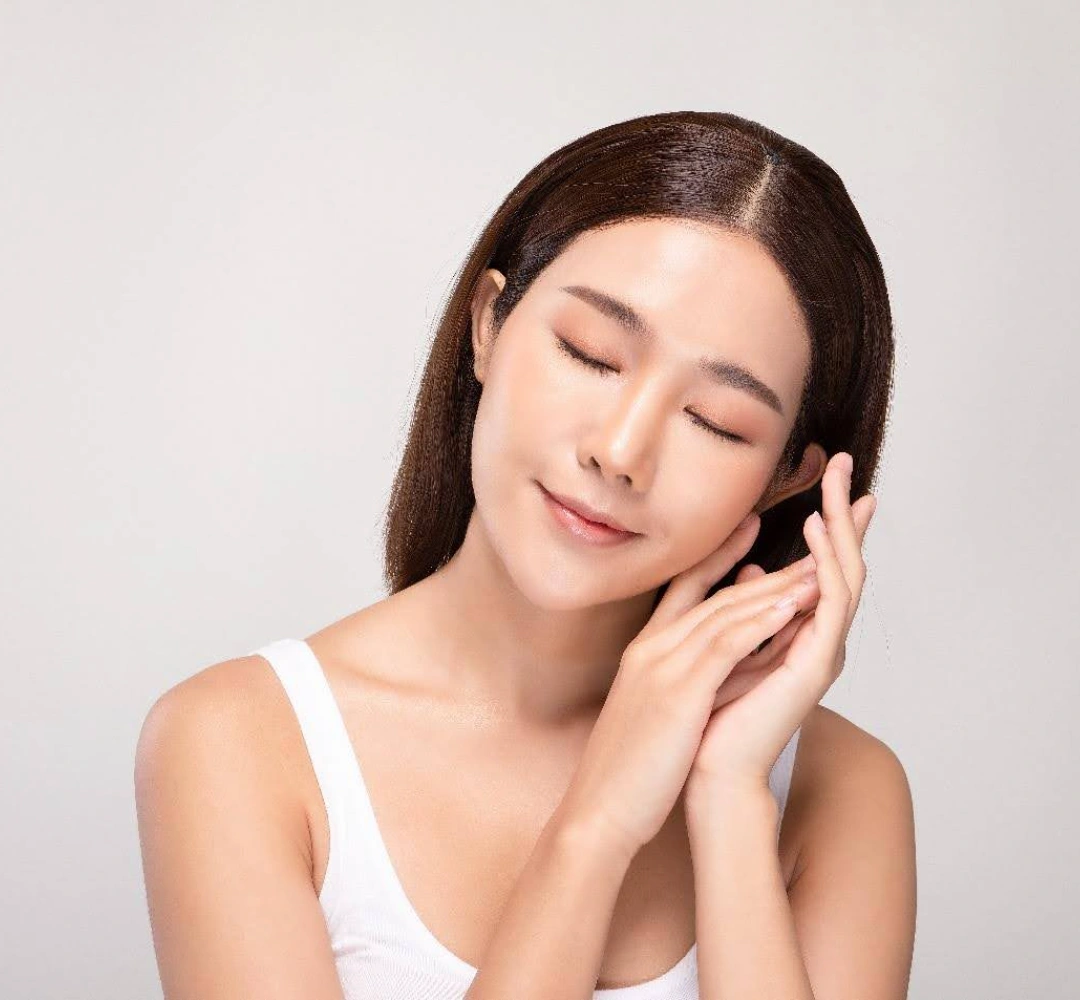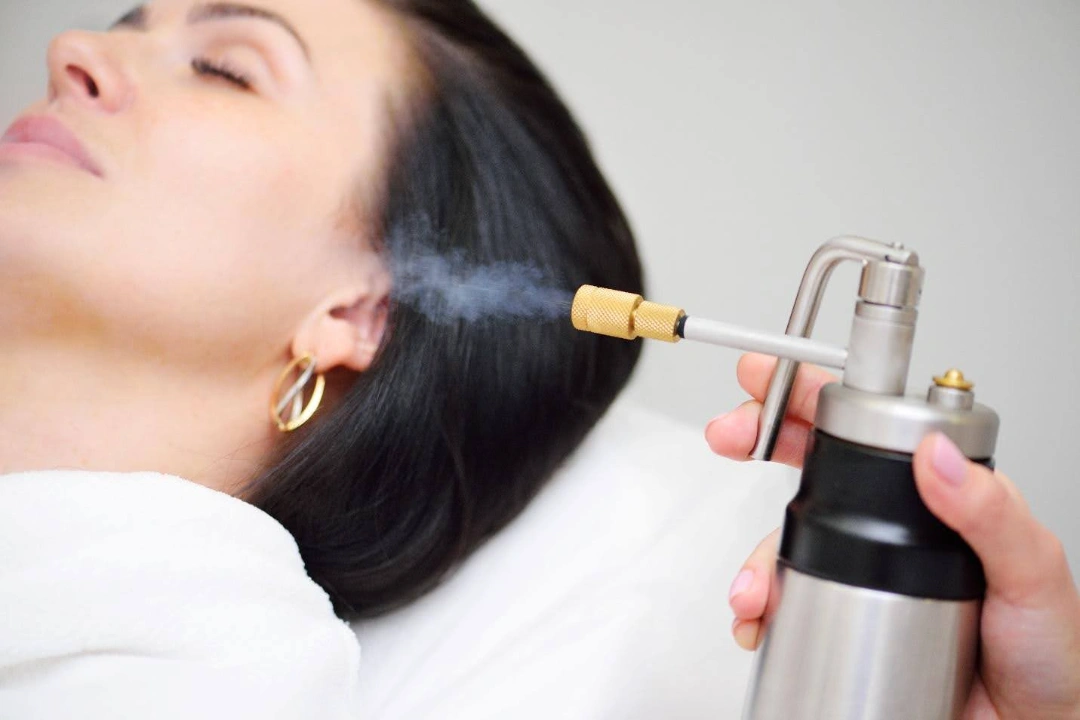At Livingstone Dermatology, we understand that your skin is a reflection of your health and well-being. We are committed to the latest advancements in dermatological science, and dedicated to providing you with quality care.

Cryotherapy is a non-invasive dermatological treatment that utilises extreme cold to revitalise the skin, and address various skin concerns. By exposing targeted areas to controlled low temperatures, the treatment triggers a process known as thermal shock, which stimulates cellular regeneration, enhances collagen production, and improves skin elasticity.
The cold exposure initiates a rapid sequence of vasoconstriction (narrowing of blood vessels) followed by vasodilation (widening of blood vessels). This process enhances blood circulation, ensuring that skin cells receive an optimal supply of oxygen, and nutrients while flushing out toxins. As a result, cryotherapy promotes skin healing, reduces inflammation, and improves overall skin tone and texture.

Cryotherapy works by rapidly cooling the skin using a controlled application of liquid nitrogen or cryogenic gas. This cooling effect temporarily reduces blood flow to the treated area, reducing inflammation, and numbing nerve endings.
As the skin rewarms, blood flow increases, delivering essential nutrients, and oxygen that aid in repair and renewal. The treatment also activates fibroblast cells, which play a crucial role in collagen synthesis, leading to firmer, and more youthful-looking skin.
Cryotherapy offers numerous benefits for skin health and appearance, such as:

Some of the dermatological concerns that cryotherapy can help address are:
The treatment starts with an initial consultation, where a dermatologist will attempt to understand your overall skin condition, and concerns better. Additionally, it will also help our dermatologist determine whether cryotherapy is suitable for your skin type, and concerns.
Once they have confirmed you are a suitable candidate for the procedure, our dermatologist will advise on the pre-treatment preparations, such as avoiding using certain skincare products, exfoliants, and acids.
During the procedure, a specialised device is used to deliver controlled cold temperatures to the targeted areas. You may experience a cooling sensation, and mild tingling, but the treatment is generally comfortable, and well-tolerated. The session typically lasts between 5 – 15 minutes, depending on the treatment area.
Immediately after the procedure, your skin may appear slightly red or feel tight. However, these effects are temporary, and usually subside within a few hours. Beyond that, you will notice an instant improvement in skin brightness, and smoothness following the treatment.
To optimise results, it is recommended to adhere to the following guidelines:
The number of sessions required depends on your skin concerns, and treatment goals. While a single session provides noticeable improvements in skin texture, and radiance, a series of treatments may be recommended for more significant results. In fact, opting for regular cryotherapy sessions will help maintain long-term skin health.
At Livingstone Dermatology, we are committed to providing safe, and effective cryotherapy treatments tailored to your unique needs. Our experienced dermatologists will assess your skin concerns, and recommend a personalised treatment plan to help you achieve your desired results. Get in touch with us today to schedule an appointment.

Is cryotherapy painful?
Cryotherapy is generally well-tolerated. Most patients experience a cooling sensation with mild tingling, but discomfort is minimal.
How soon will I see results?
Some benefits, such as improved radiance, and skin tightness, are visible immediately after the treatment. Meanwhile, long-term benefits such as collagen production, and skin repair, become more noticeable after multiple sessions.
Are the results permanent?
While cryotherapy provides lasting skin benefits, maintenance treatments may be required to sustain results. Additionally, regular sessions help enhance, and prolong the effects of the treatment.
Are there any side effects associated with cryotherapy?
Some of the common side effects are:
However, these often resolve on their own within a few hours following the treatment.
Who should refrain from undergoing cryotherapy?
Cryotherapy may not be suitable for individuals with: